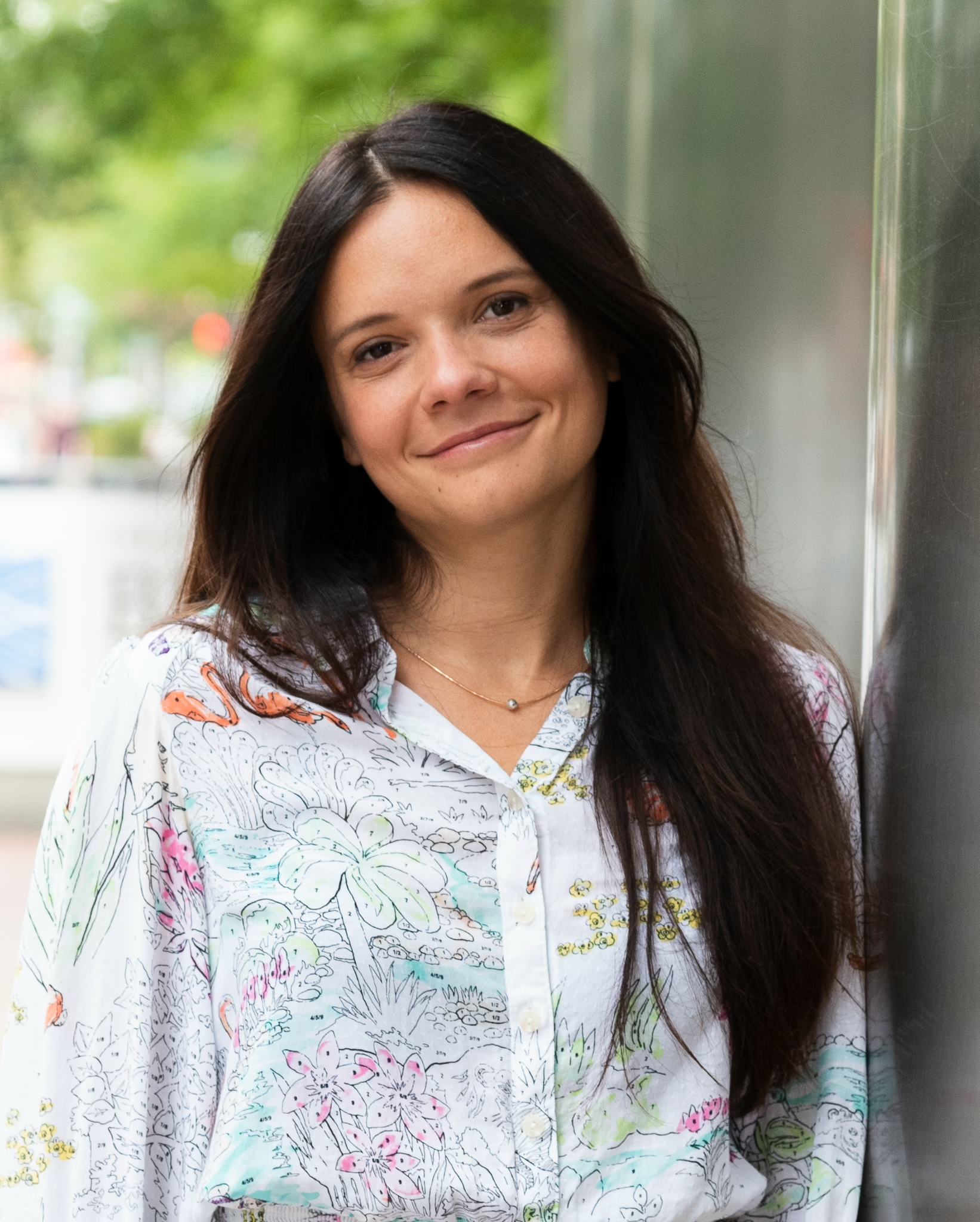We are excited to announce that Dr. Victoria Popic and her lab have joined BCL to drive research and development efforts at the intersection of AI and clinical genomics.
As the Director of Computational R&D at BCL, Victoria will lead our newly established Computational Research Lab (CRL). CRL’s mission is to pioneer novel machine learning approaches for complex large-scale multiomic data analysis. By integrating innovative computational techniques with the latest biotechnological advances – from BCL and our industry partners – CRL will foster the development of robust, scalable, and sustainable AI solutions to catalyze breakthroughs in both foundational biomedical research and clinical applications.
Working in close collaboration with molecular and clinical scientists across the Broad community, CRL will develop data-driven methods that leverage readouts from diverse but complementary molecular assays and sequencing platforms to accurately reconstruct the genome, transcriptome, proteome, and methylome – which is critical to our understanding of disease mechanisms and the design of novel therapies. As a key focus, CRL will develop new models to describe the variation in the structure and composition of the -omes, and investigate the impact of this variation on function and disease.
While these have been long-standing goals of genomics, both the latest advances in AI and the petabyte-scale sequencing datasets generated to date have enabled a paradigm shift in how we can approach these problems computationally and what we can discover from highly complex multiomic data.
 Victoria’s work at CRL, will build on her research as a Schmidt Fellow and Principal Investigator at the Broad Institute, where she has been leading a lab focused on the development of deep learning approaches for the characterization and interpretation of the genome and the mechanisms that drive disease. Prior to joining the Broad, Victoria worked in the Bay Area as a compiler engineer at the AI hardware startup SambaNova Systems and as an AI engineer at Illumina. She received her Ph.D. in Computer Science from Stanford University and holds an M.Eng. degree in Computer Science and B.S. degrees in Computer Science and Mathematics from MIT.
Victoria’s work at CRL, will build on her research as a Schmidt Fellow and Principal Investigator at the Broad Institute, where she has been leading a lab focused on the development of deep learning approaches for the characterization and interpretation of the genome and the mechanisms that drive disease. Prior to joining the Broad, Victoria worked in the Bay Area as a compiler engineer at the AI hardware startup SambaNova Systems and as an AI engineer at Illumina. She received her Ph.D. in Computer Science from Stanford University and holds an M.Eng. degree in Computer Science and B.S. degrees in Computer Science and Mathematics from MIT.
Important note for this blog: Posts do not equal endorsements. Opinions expressed in this blog are those of the author, on behalf of the genomics group at Broad. We make every effort to ensure the accuracy of data/figures presented here but these are not peer-reviewed and errors may occur from time to time.